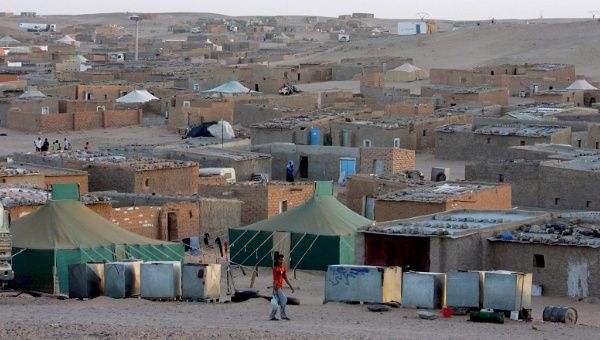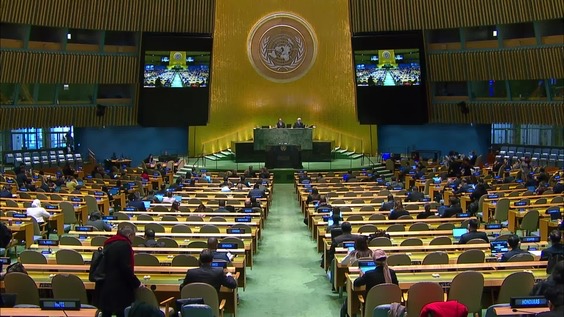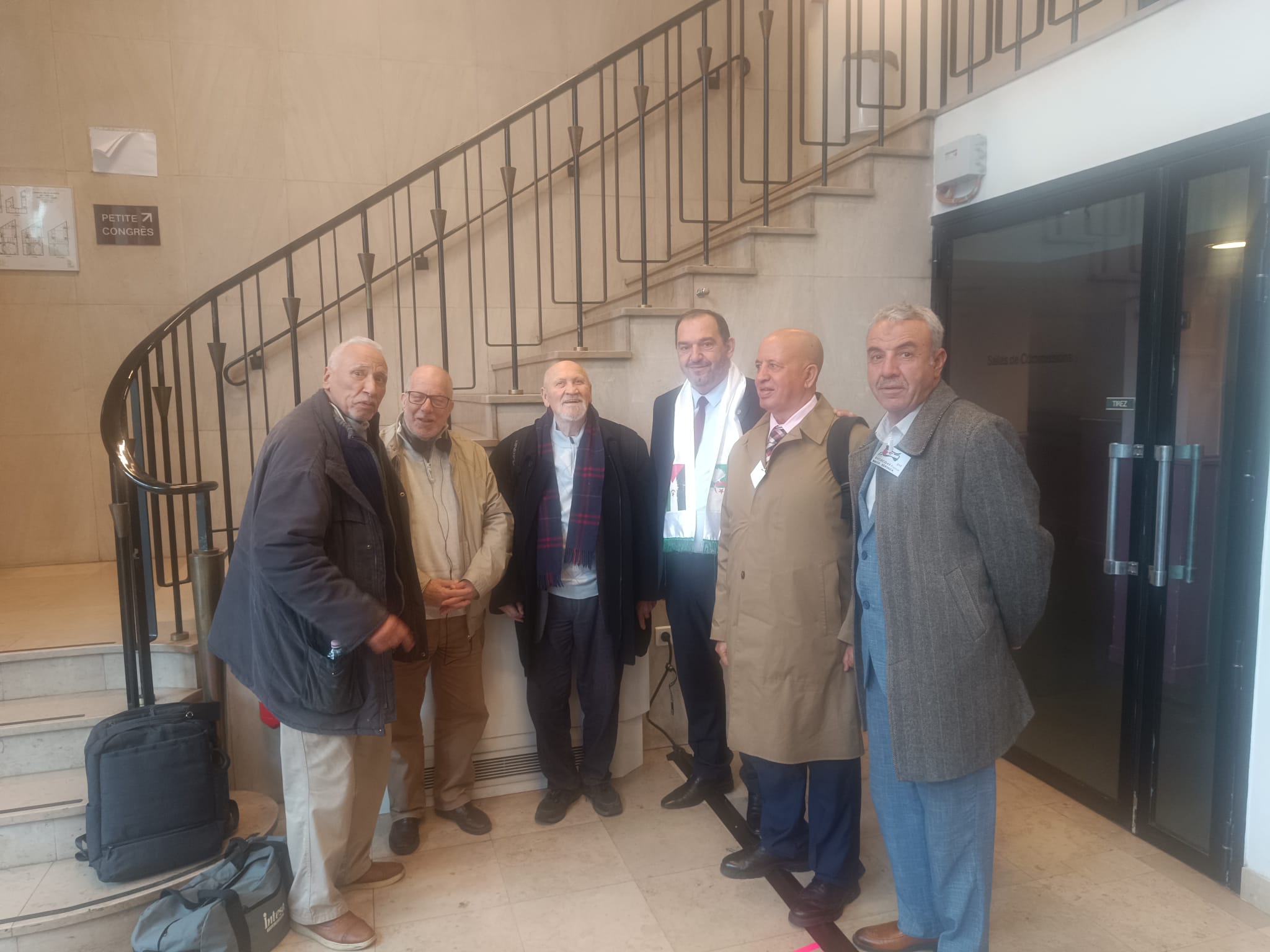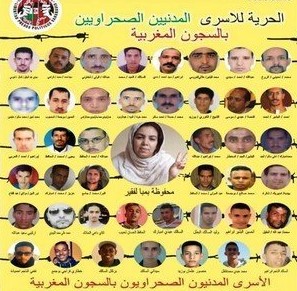
Algiers (Algeria) 25 June 2025 (SPS) – UN agencies and international donors convened yesterday in Algiers to assess the worsening humanitarian conditions in the Sahrawi refugee camps, and to review a preliminary results of a newly conducted nutrition survey that revealed alarming levels of malnutrition, especially among children and women.
According to a joint press release issued by the United Nations bodies in Algiers, including UNHCR, WFP, UNICEF, WHO, and UNDP, the Global Acute Malnutrition (GAM) rate in the camps has reached 13.6%, the highest figure recorded since 2010. This surpasses the emergency threshold set by the World Health Organization (WHO), placing the refugee population on the brink of a nutrition emergency.
The survey, carried out by University College London (UCL) in collaboration with the Italian NGO CISP, and supported by UN agencies, the Algerian Red Crescent, and the Sahrawi authorities, also shows that one in three children is stunted, and more than 65% of children and 69% of women of reproductive age are anemic. Additionally, only 25% of surveyed households have an acceptable level of dietary diversity.
Speaking at the meeting, Yahya Bouhebeini, President of the Sahrawi Red Crescent, emphasized that the findings are part of a worsening trend. “These results do not surprise us. The 2019 nutrition survey already showed a rise in malnutrition indicators, and the 2022 survey confirmed the continuing decline. What we see in 2025 is a confirmation of a deepening crisis.”
Bouhebeini pointed to several root causes: “COVID-19, the resumption of armed conflict, inflation, and soaring prices have had devastating effects. In 2019, one ton of WFP’s food basket for Sahrawi refugees cost $492. In 2024, it cost $782. In 2021, $18 million was enough to cover food, school meals, and nutrition programs. But in 2024, even $23 million only covered 62% of those needs.”
The press release underlines a serious funding shortfall: only 34% of the $103.9 million required under the Sahrawi Refugee Response Plan (SRRP) for 2025 has been received. This gap continues to hamper the ability of humanitarian partners to provide essential food and health services.
“This is the worst nutritional crisis in over a decade,” warned UN Resident Coordinator in Algeria, Savina Ammassari. “Without immediate and collective action, the health and development of thousands of children and women are at stake.”
In response, UNHCR, UNICEF, WHO, and WFP are collaborating on a strategic plan to address the root causes of the crisis and prevent further deterioration.
The United Nations and Sahrawi humanitarian authorities urge the international community to act swiftly, generously, and responsibly before the situation becomes irreversible. (SPS)
090/500/60 (SPS)



